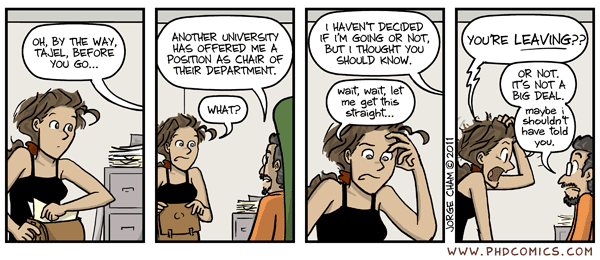Economics Job Market "Scramble" for new Ph.D.s
The 2012 Job Economics Job Market Scramble registration will open on March 21, 2012.
March 21-28: Registration Period.
March 30-April 10: Scramble Website will open for viewing by registered participants only.
April 11: Scramble Viewing will close.
See the Scramble Guide for more detailed information.
Verified registrants received an email on April 1st with instructions for viewing the prospective Employer and Candidate lists.
Brief Description:
Occasionally prospective employers of new Ph.D. economists exhaust their candidates before hiring someone during the winter/spring "job market" period. Similarly, new economics Ph.D.s seeking a job sometimes find that all of the prospective employers with whom they have interviewed have hired someone else before they have secured an appointment.
To address these problems, the AEA has established a "Job Market Scramble" web site to facilitate communication between employers and job seekers in late spring. In March, employers that continue to have an open position previously listed in Job Openings for Economists (JOE) may post a short notice of its availability (with a link to the JOE listing). Similarly, new or recent economics Ph.D. job seekers still looking for a position may post a short announcement of their continued availability, with a link to their application materials (C.V., papers, references). The web site will open for viewing to those who have listed a position or availability soon after listings close. There is no charge for the "Job Market Scramble."
See the Scramble Guide for more detailed information.







